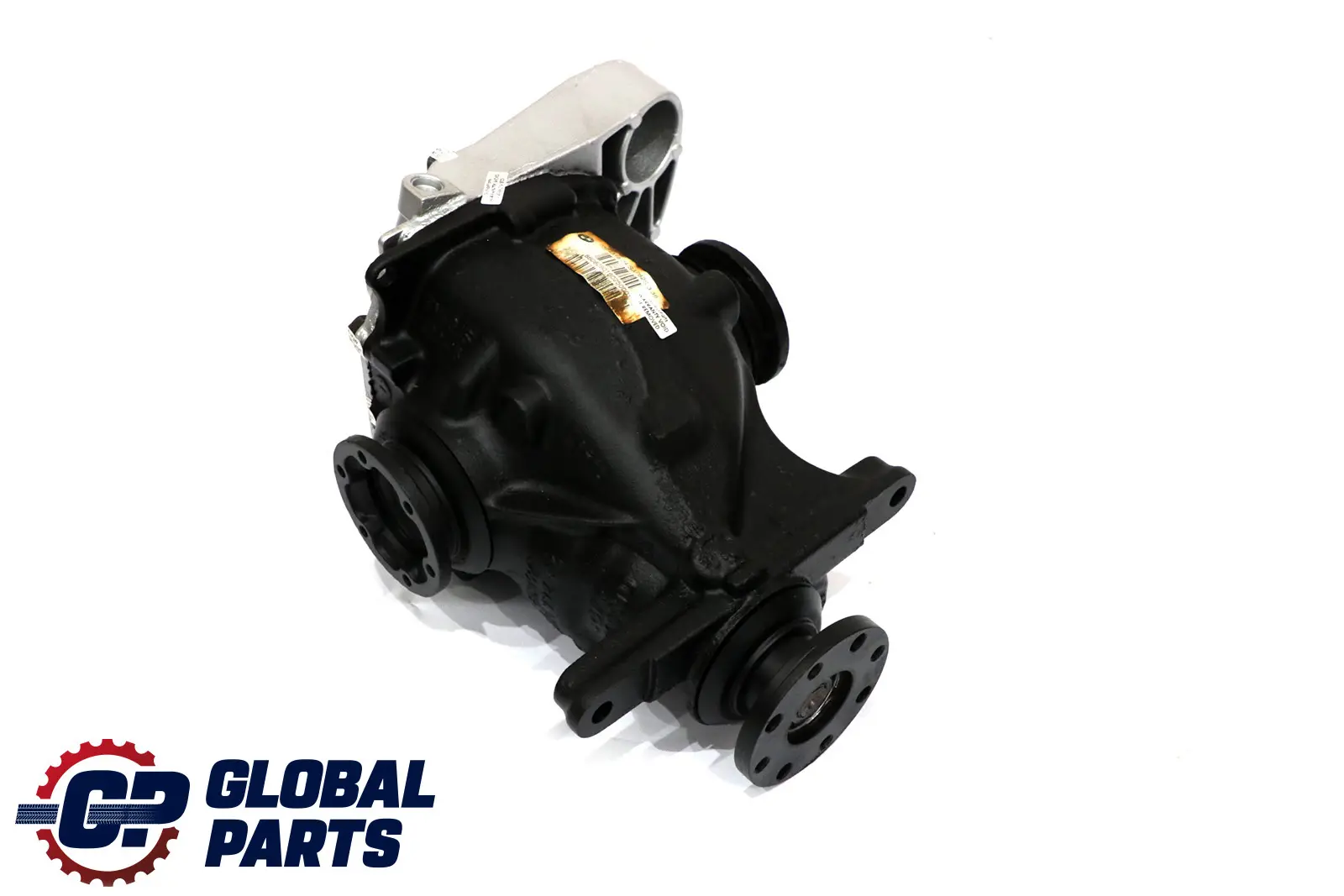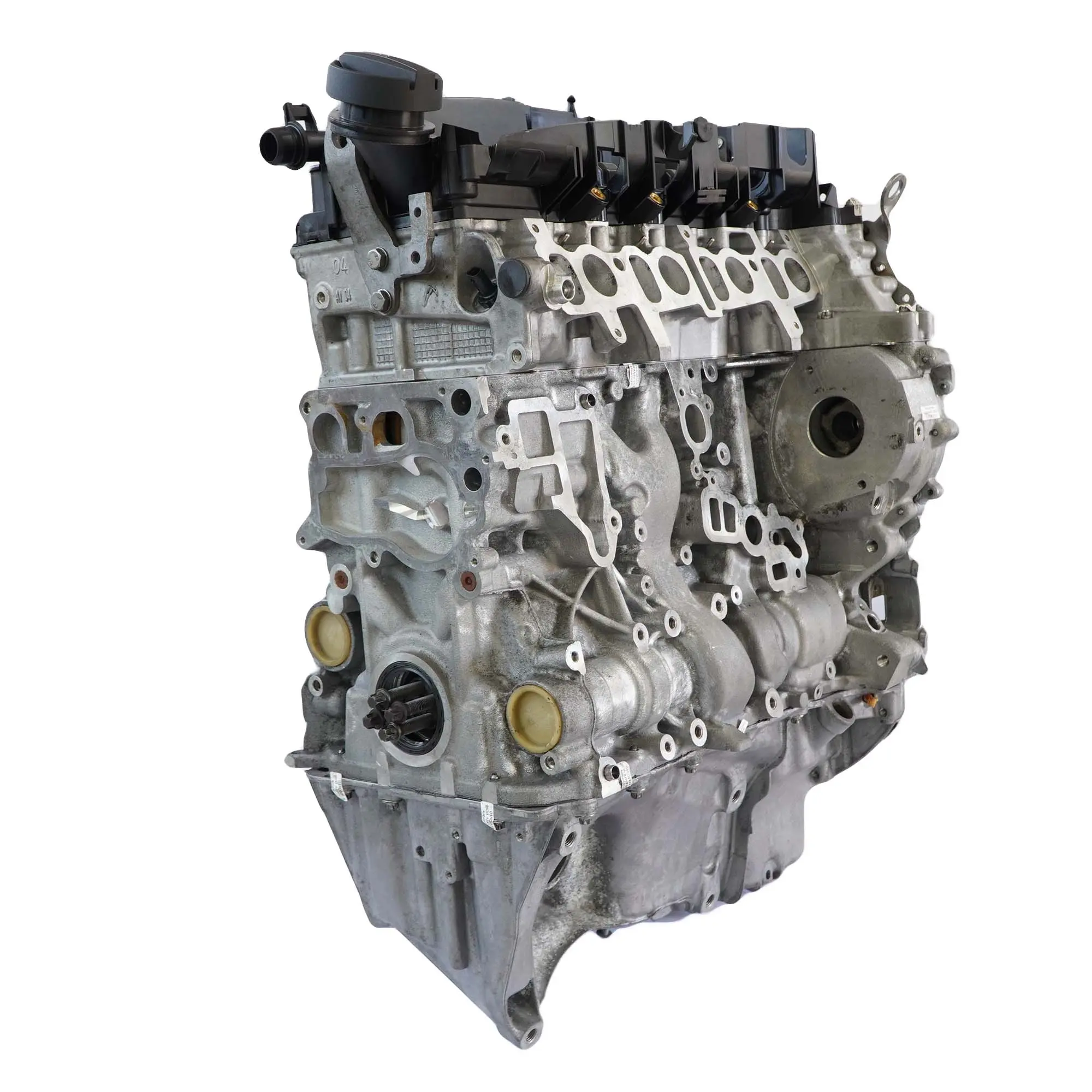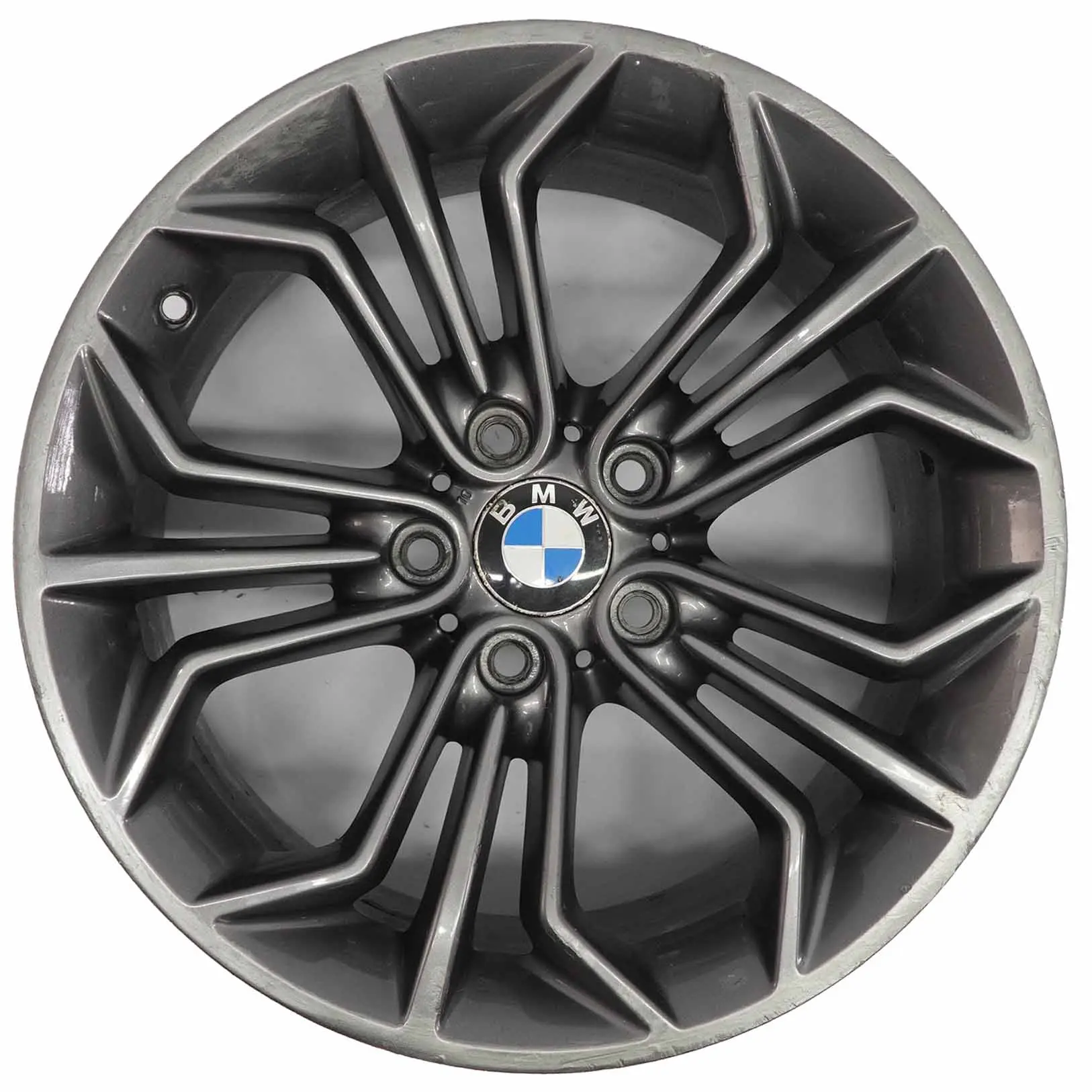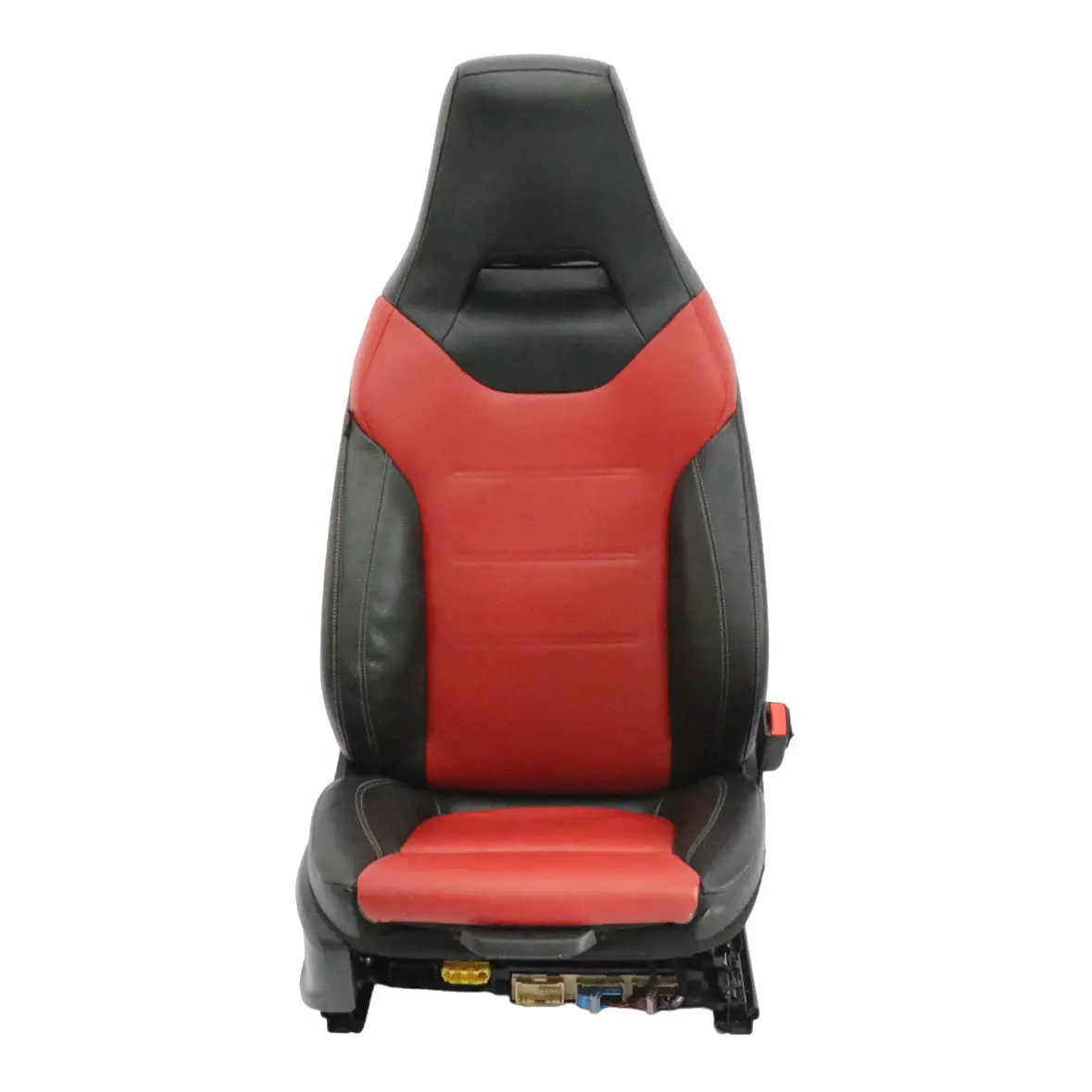Volkswagen is synonymous with predictability: simple solutions, high-quality materials, and long-term access to catalogs. This is why used VW car parts often outperform new alternatives – they fit right in and are reasonably priced. This post addresses the topic: when to use used VW parts, how to read compatibility, and where you can actually save time. It includes examples for popular models, installation instructions, and a mini-compatibility table. It concludes with a short FAQ prepared for everyday questions from drivers and workshops.
The power of the VW brand
Where does the reputation for durability in service practice come from?
Volkswagen has built its position over the years: extensive product range, standardized components, and conservative design. This makes it easy to match original parts, even second-hand ones, to a specific model. Mechanics appreciate the consistent assembly and logical wiring. Drivers gain a simple repair path: OEM number, model year compatibility, and installation without modifications.
Used instead of new
Savings, availability, fit
Used VW car parts are most often chosen for three reasons. First, the price can be several dozen percent lower than new parts. Second, availability: some new parts are limited for older model years, and used parts are simply "off the shelf." Third, fit: original parts have the correct mounting, connectors, and specifications. This reduces workshop time and reduces rework.
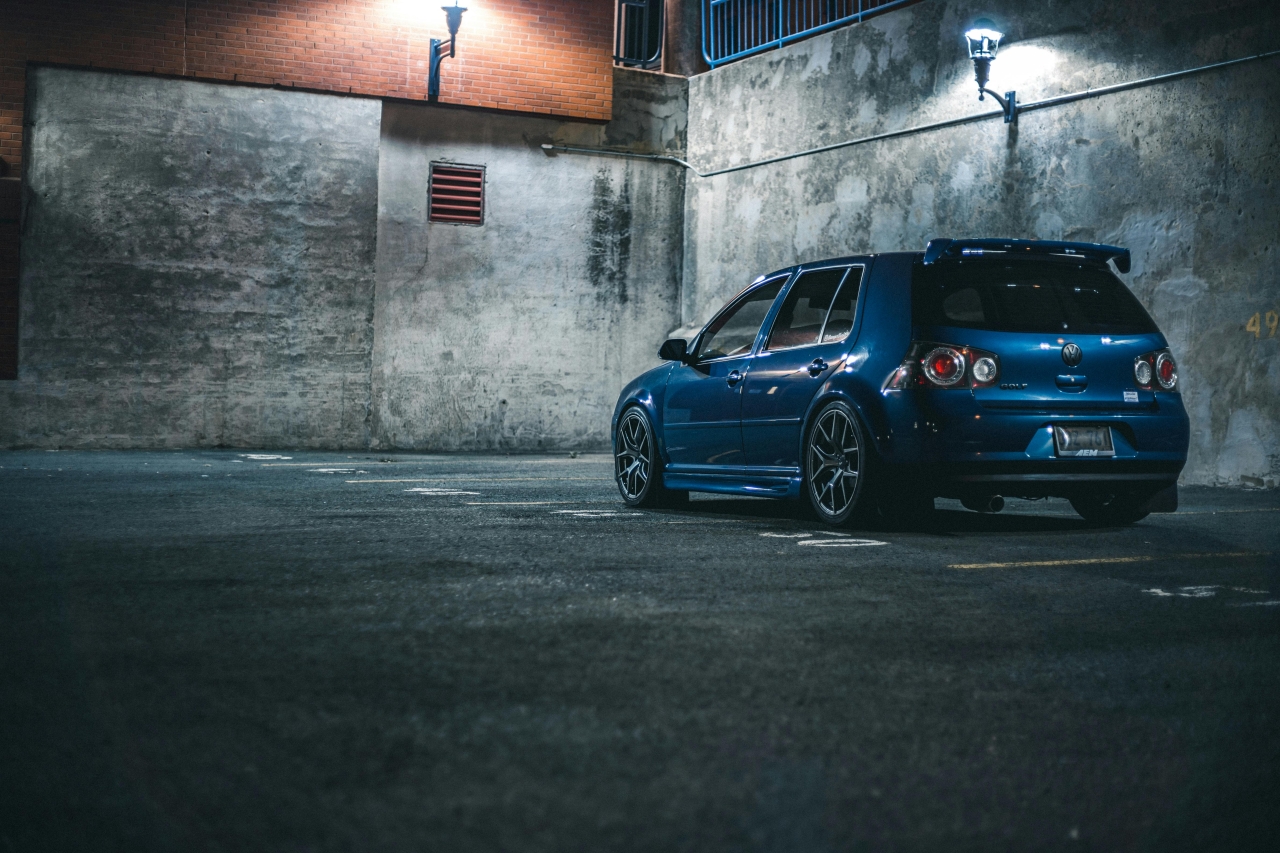
VOLKSWAGEN icons in practice
Golf, Passat, Polo, Sharan, Tiguan, T5
In the Volkswagen family, specific topics come up most often. For hatchbacks, the " VW Golf 6 grill " is popular – a body element that can rejuvenate the front in an hour. In the Passat B6, the phrase " VW fuse diagram, Passat B6 fuses " often recurs – when upgrading the electrical system and retrofitting. In the Polo, queries like " VW Polo engine " and " Volkswagen Polo fuel pump " appear – these are typical operating items. Sharan? " Volkswagen Sharan seats " and " VW Sharan seat " – family sets with guides and SRS mats. In the Tiguan, a " Volkswagen Tiguan radio " with the appropriate frame and wiring harness may be needed. In delivery vehicles, " Volkswagen T5 engine " and " Volkswagen high " (raised bodies and specific wiring) appear. This is commonplace in shops and workshops.
Everyday retrofits
Steering wheel, multimedia, accessories
In the Golf VI, the popular phrases are " VW Golf 6 steering wheel " and replacing it with a multifunction wreath. The set is completed by " VW Touran speakers " for audio upgrades and small accessories: " Volkswagen cigarette lighter ", "Volkswagen sunglasses " storage compartment, " Volkswagen watches " - accents that organize the details. When replacing head units in VAG, the " radio player with navigation " appears (e.g., related platforms, RNS 310 in the group) - it is important to choose the family with a screen and controller.
VW engine and accessories
Flow, power supply, operating parameters
In queries like " VW engine," " VW Polo engine," or " Volkswagen Polo engine," matching the code and accessories is crucial. For example, selecting a " Volkswagen Polo fuel pump " must address the performance, connector, and tank basket. In the T5, the issues come down to wiring, cooling, and specific harness mountings. Thanks to the large number of donors in the aftermarket, OEM selection is quick and installation is predictable.
Compatibility without secrets
OEM, years, harnesses
Matching a component to a specific VW comes down to a simple triad: platform, year, and OEM number. Interior components connect to the occupancy and SRS mats; the body electrical systems are connected via LIN and CAN buses; audio and navigation are connected via the unit-display-controller family. Therefore, used VW parts from the same hardware family usually work "out of the box." This is what distinguishes original parts from random replacements.
Assembly procedure
Steps, risks, when to service
Body and cabin assembly is usually a simple mechanical process: pins, screws, clips, and gap adjustments. Electrical work requires patience: wiring harnesses, plugs, and sometimes coding. A workshop is recommended for safety systems (SRS) and fuel system work – it's a matter of safety. For suspension and drivetrain components, torque and geometry are crucial.
Examples of "off the shelf" VW
What does it look like in real life?
– Body: "VW Golf 6 grill" + mountings + 30 minutes of gap adjustment. Immediate visual effect.
– Interior: "VW Sharan seats" with mats and harness – quick cabin refresh, no rail modifications.
– Audio: "Volkswagen Tiguan radio" in the unit family – steering wheel controls work as factory.
– Electrics: "VW fuse diagram Passat B6 fuses" – organizes retrofitting and diagnostics.
– Power supply: "Volkswagen Polo fuel pump" – selection based on capacity and tank capacity.
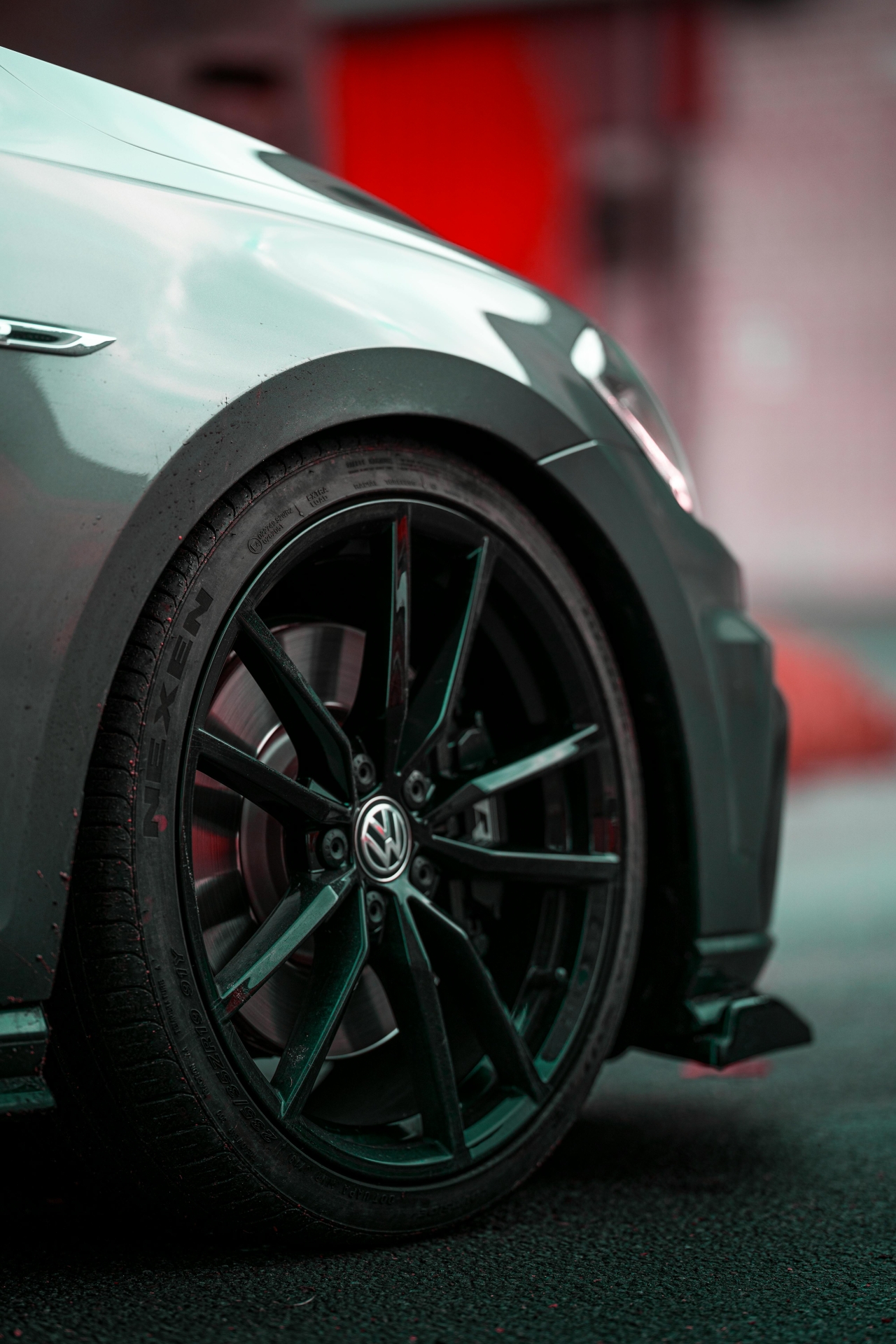
Table – VW models and quick tips
| VW model | Category | Example password | Compatibility Tip |
|---|---|---|---|
| Golf VI | body/interior | VW Golf 6 grill, VW Golf 6 steering wheel | hold generation of drivers and mounts |
| Passat B6 | electrician | VW fuse diagram, Passat B6 fuses | retrofitting is made easier by factory pinology |
| Polo (9N/6R) | drive/fuel | VW Polo engine, Volkswagen Polo fuel pump | valid engine code and pump basket |
| Sharan | seats | Volkswagen Sharan seats, VW Sharan seat | SRS mats and guides from this family |
| Tiguan | multimedia | Volkswagen Tiguan radio | set: unit + screen + controller |
| T5 | engine/wiring | Volkswagen T5 engine | T5 dedicated harnesses and mounts |
VW Trivia
Details that come from practice
Volkswagen is renowned for its modularity – many wiring harnesses, plugs, and brackets are repeated across generations. This makes it easy to cross-pollinate used VW parts within a single model family. This also applies to the cabin: steering wheels, dashboards, and gauges often differ primarily in software and bezels. Among the more unusual accessories, there are "Volkswagen sunglasses" and "Volkswagen cigarette lighters," which are stylistically appropriate for the era and complement the "showroom-ready" effect.
Comparisons and alternatives
What to choose when there are two options
New original parts provide "zero" mileage, but require time and budget. Used Volkswagen parts shorten the lifespan and maintain factory fit. "No-name" replacements can be attractively priced, but may require modifications. In practice, original aftermarket parts provide the most predictable results – they quickly return to the car and function as intended.
FAQ – questions and answers
| Question | Answer |
|---|---|
| What is the difference between new and used VW car parts ? | New parts require a larger budget and time. Used VW parts are usually readily available and maintain factory fit. |
| Will the Volkswagen Tiguan radio work "plug-in"? | If it's from the same family of units and pairs with the screen/controller, yes. Sometimes coding is required. |
| Do VW Sharan seats fit between years? | Typically, within a generation, yes. The deciding factors are the guides, SRS mats, and plugs – it's worth sticking with one family. |
| How to find the right fuel pump for your Polo? | By engine code and OEM basket number. Then the performance and connections will be correct. |
| Is the Passat B6 fuse diagram needed for retrofit? | Yes. It makes retrofitting easier and shortens diagnostics after installing accessories. |
| Do Global Parts carry VW parts and accessories? | Yes. In addition to VW parts, we also offer BMW parts, Mercedes parts, Audi parts, and MINI parts – all in one automotive store. |
